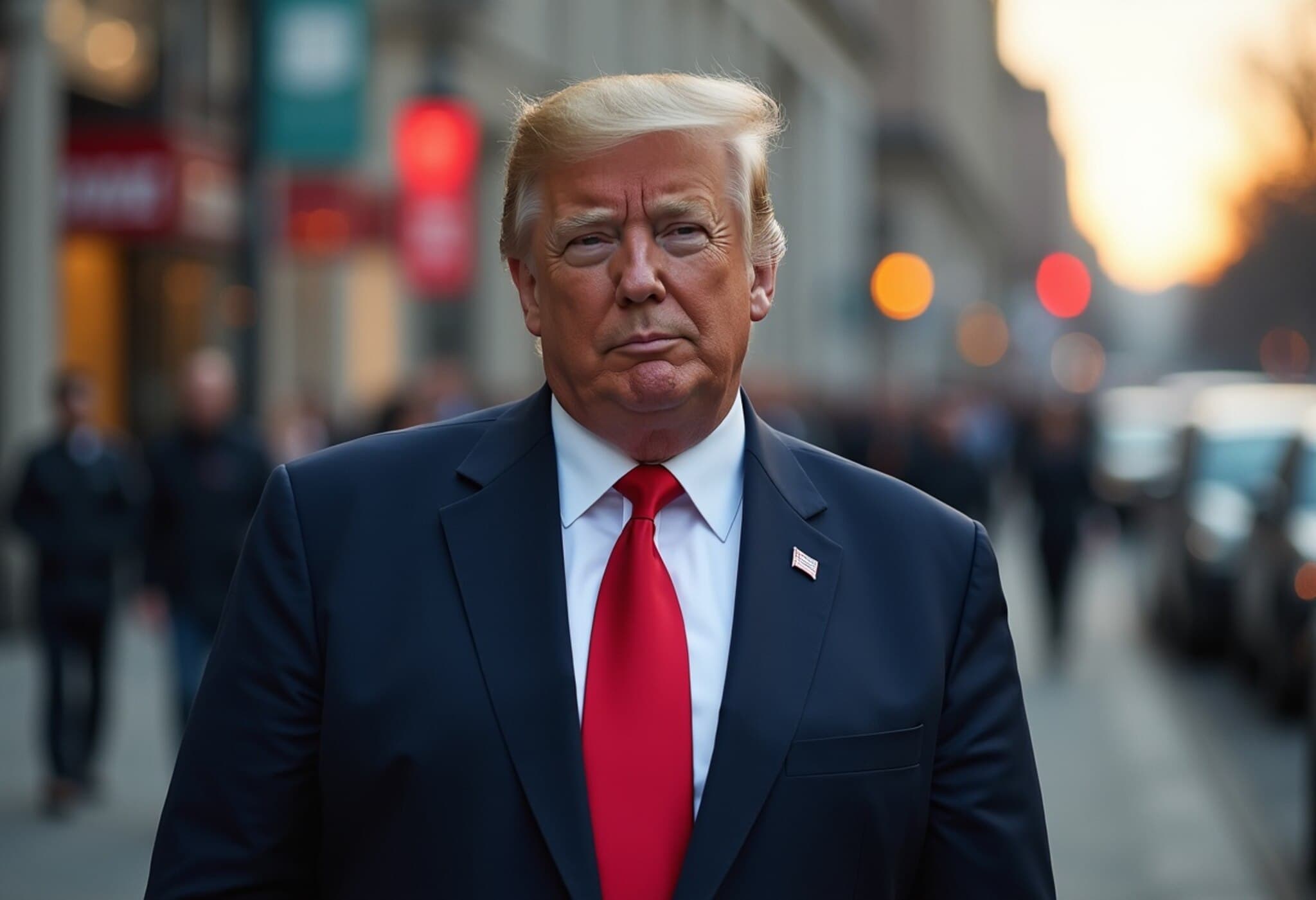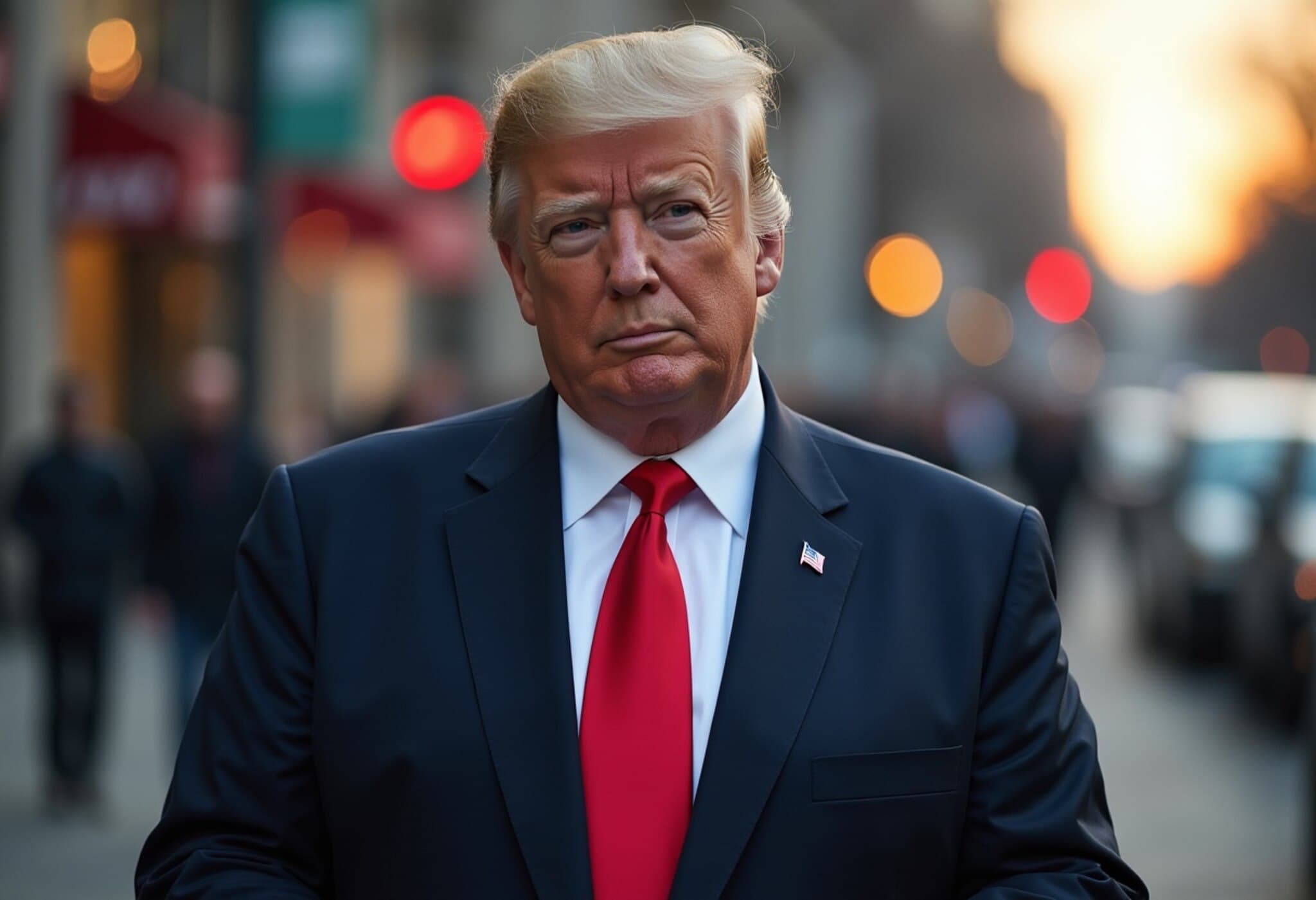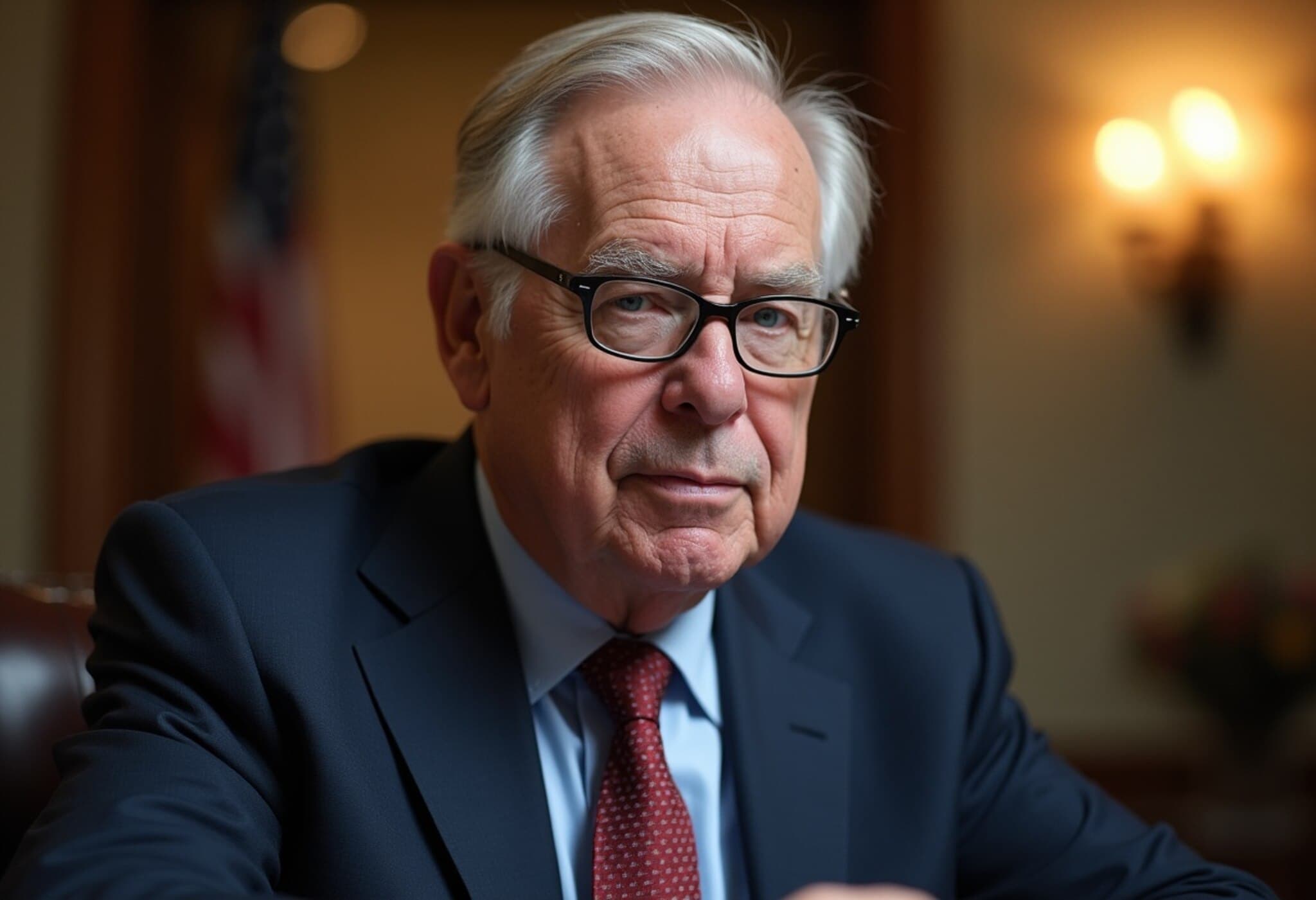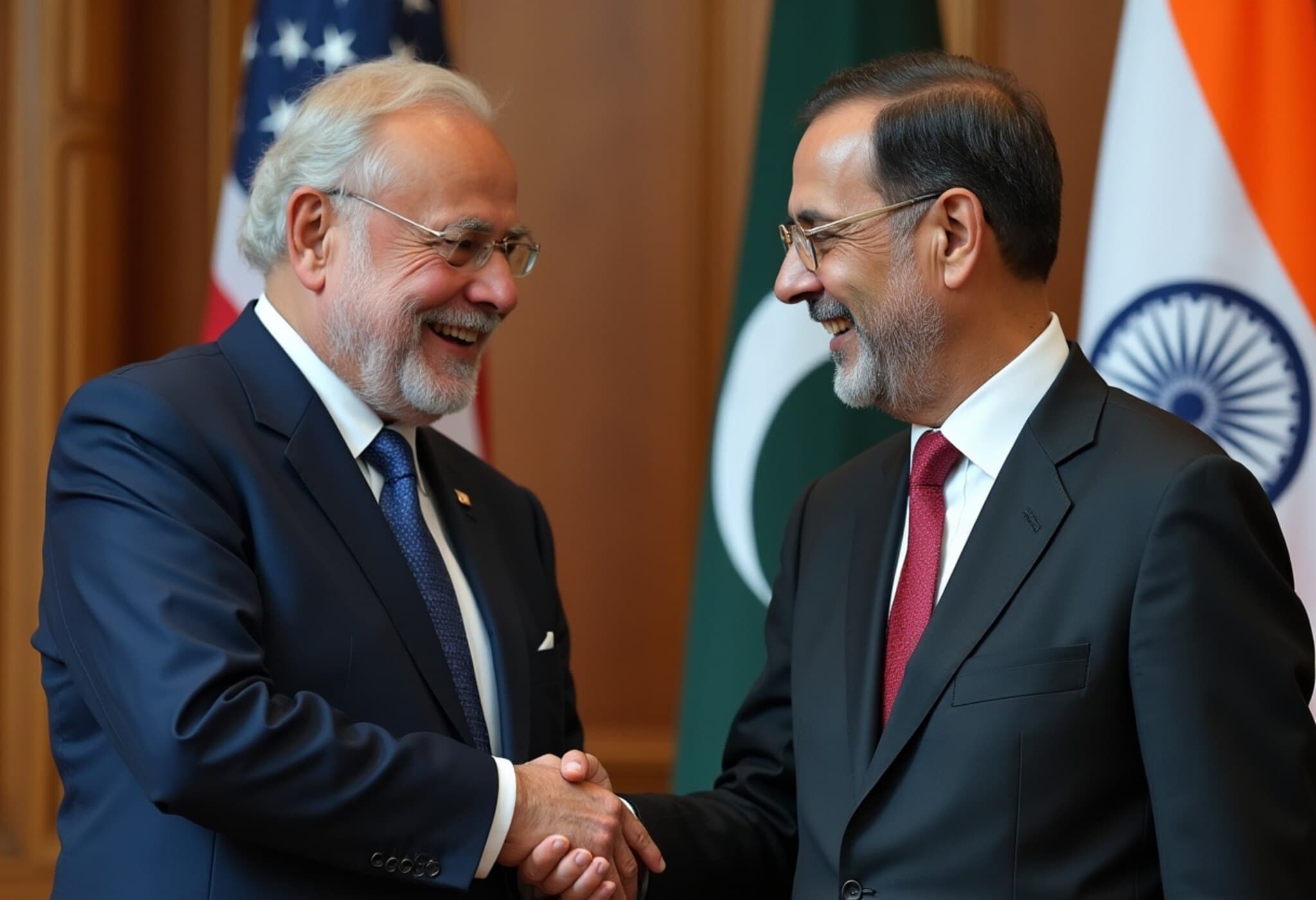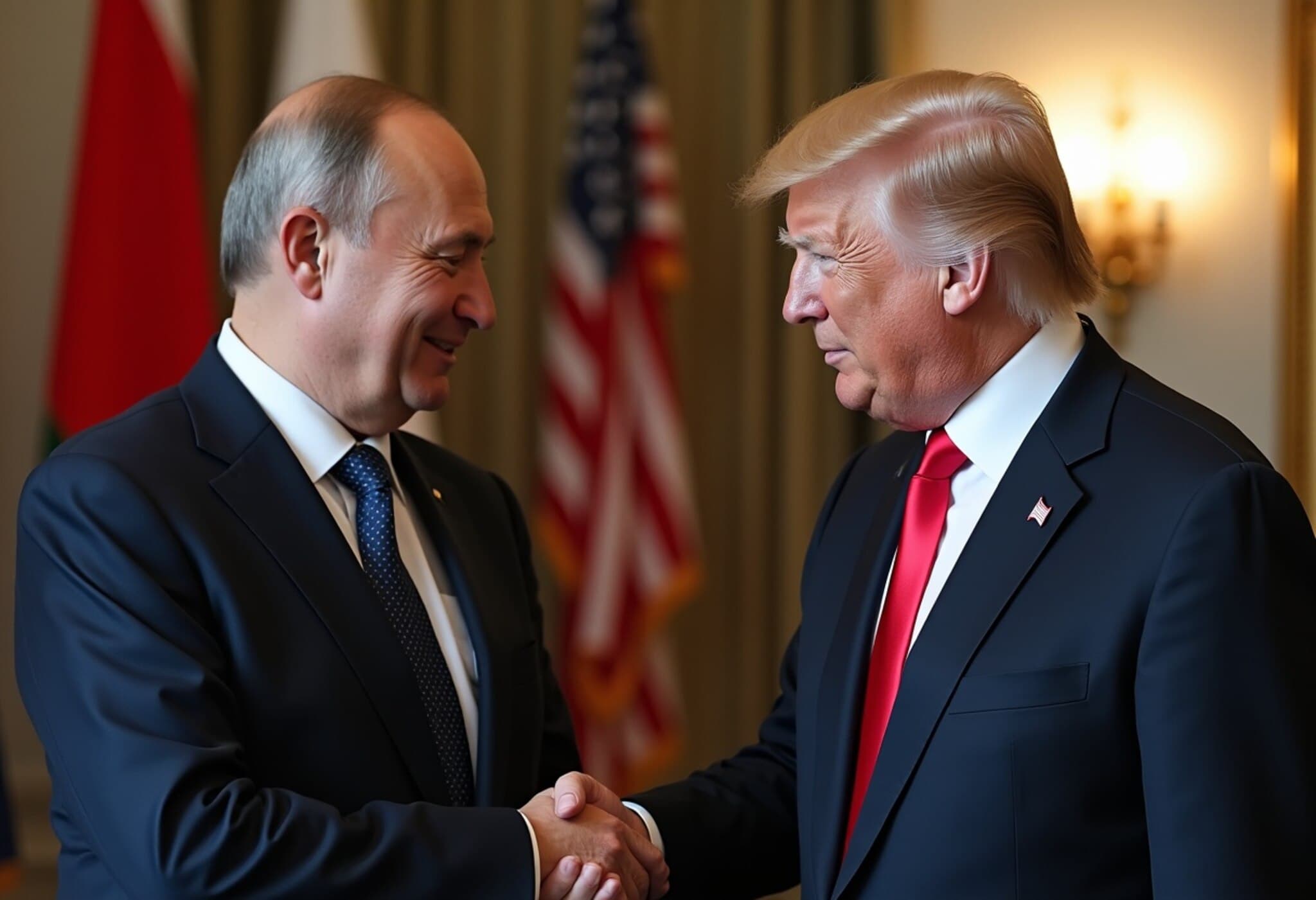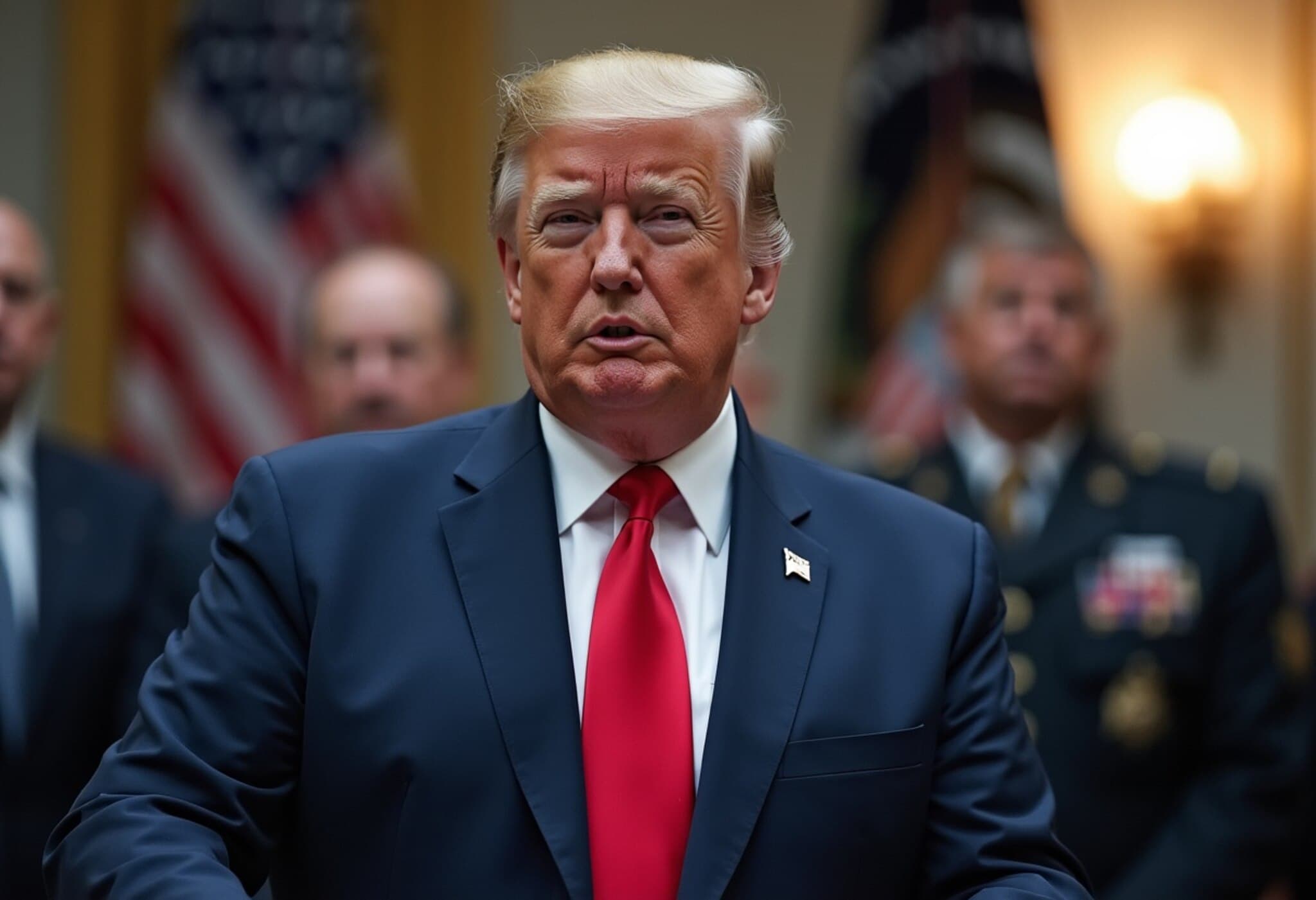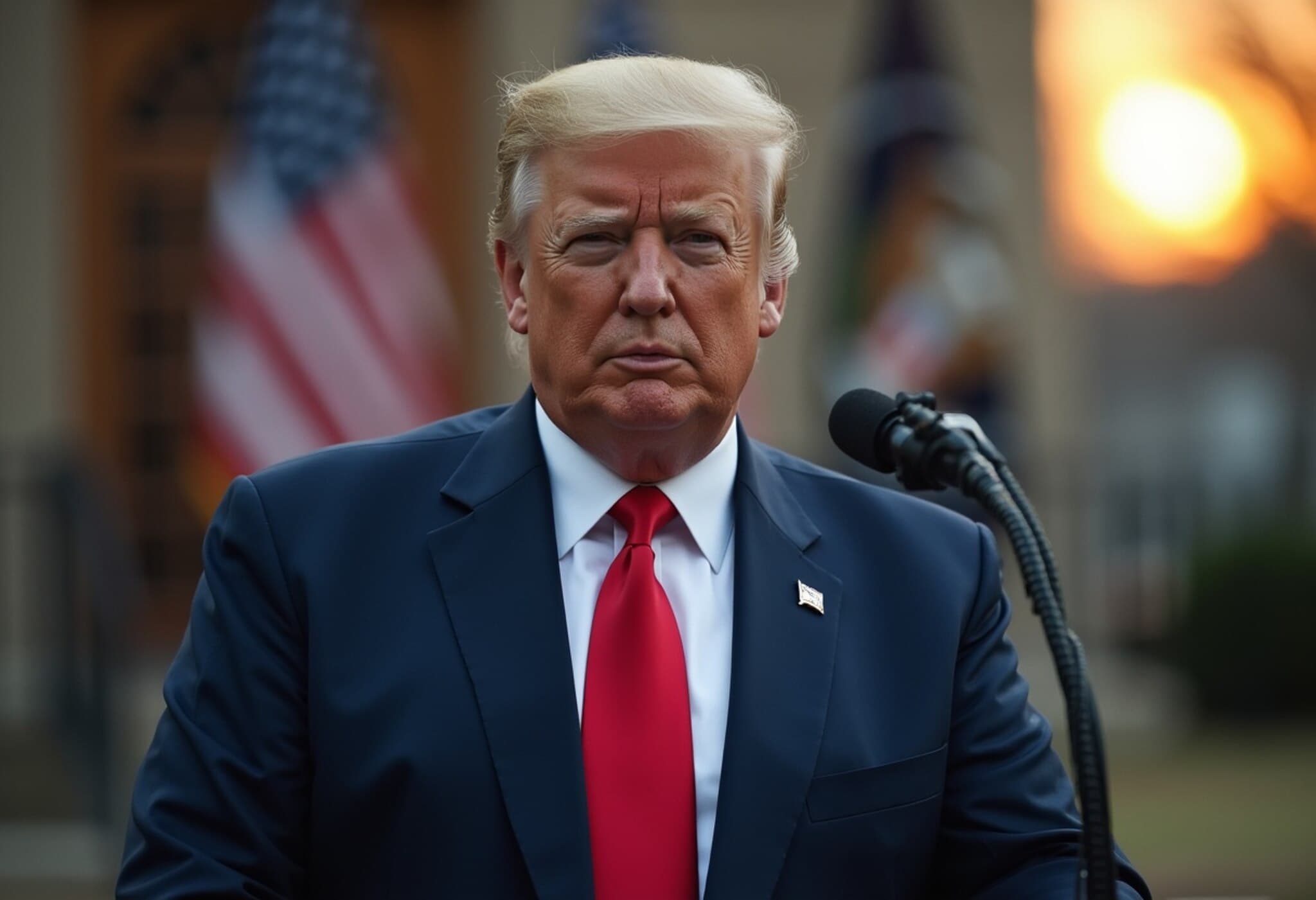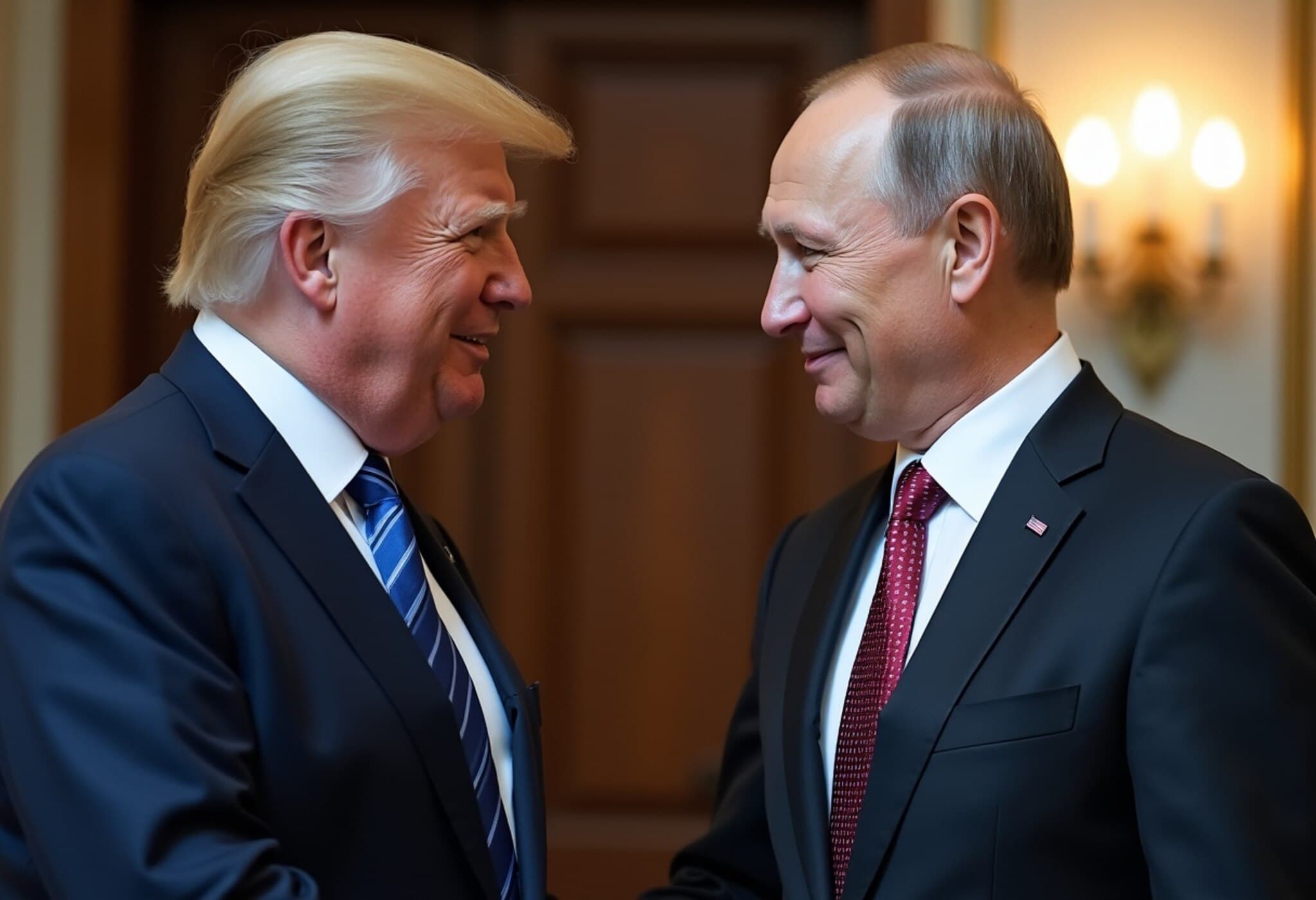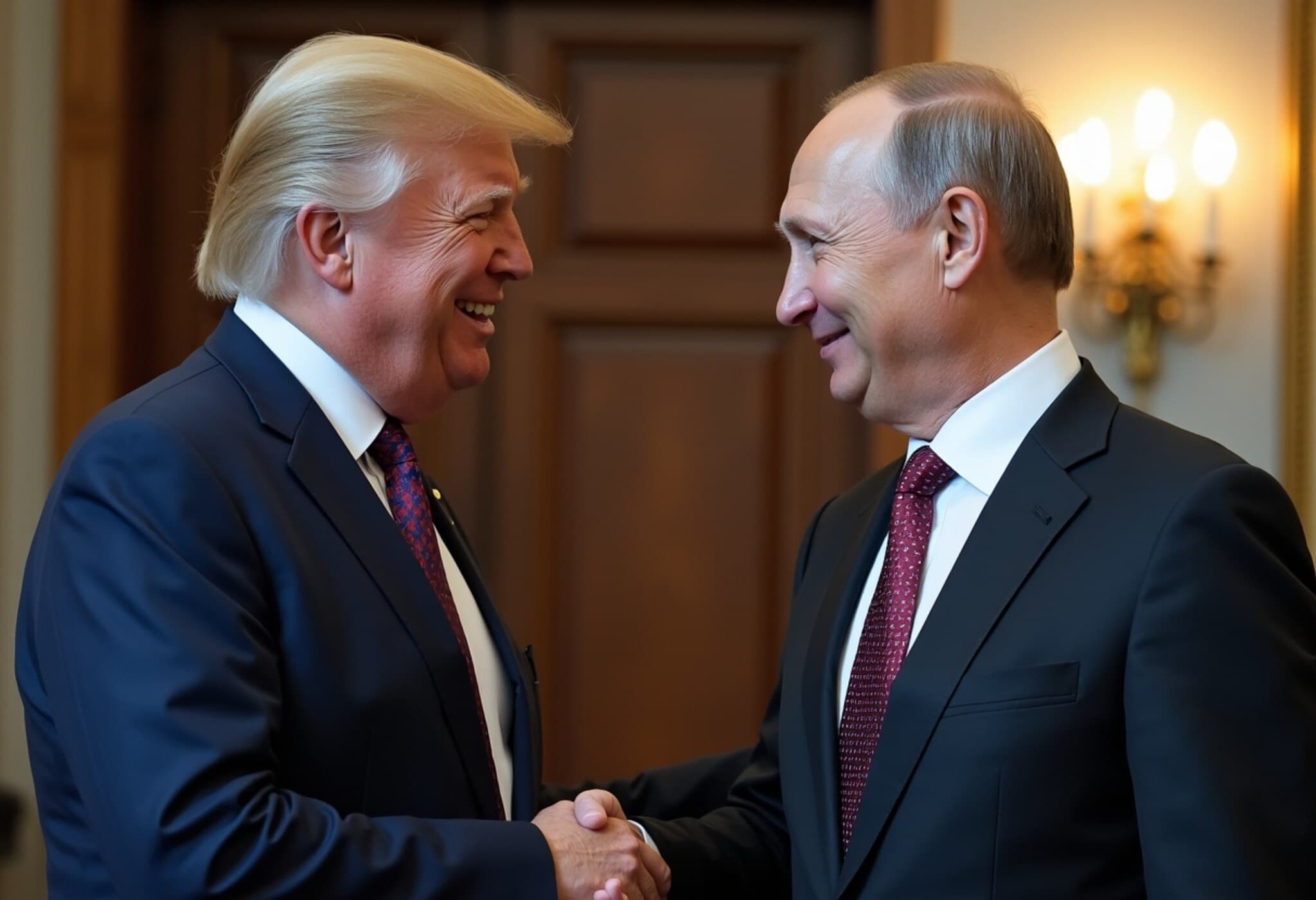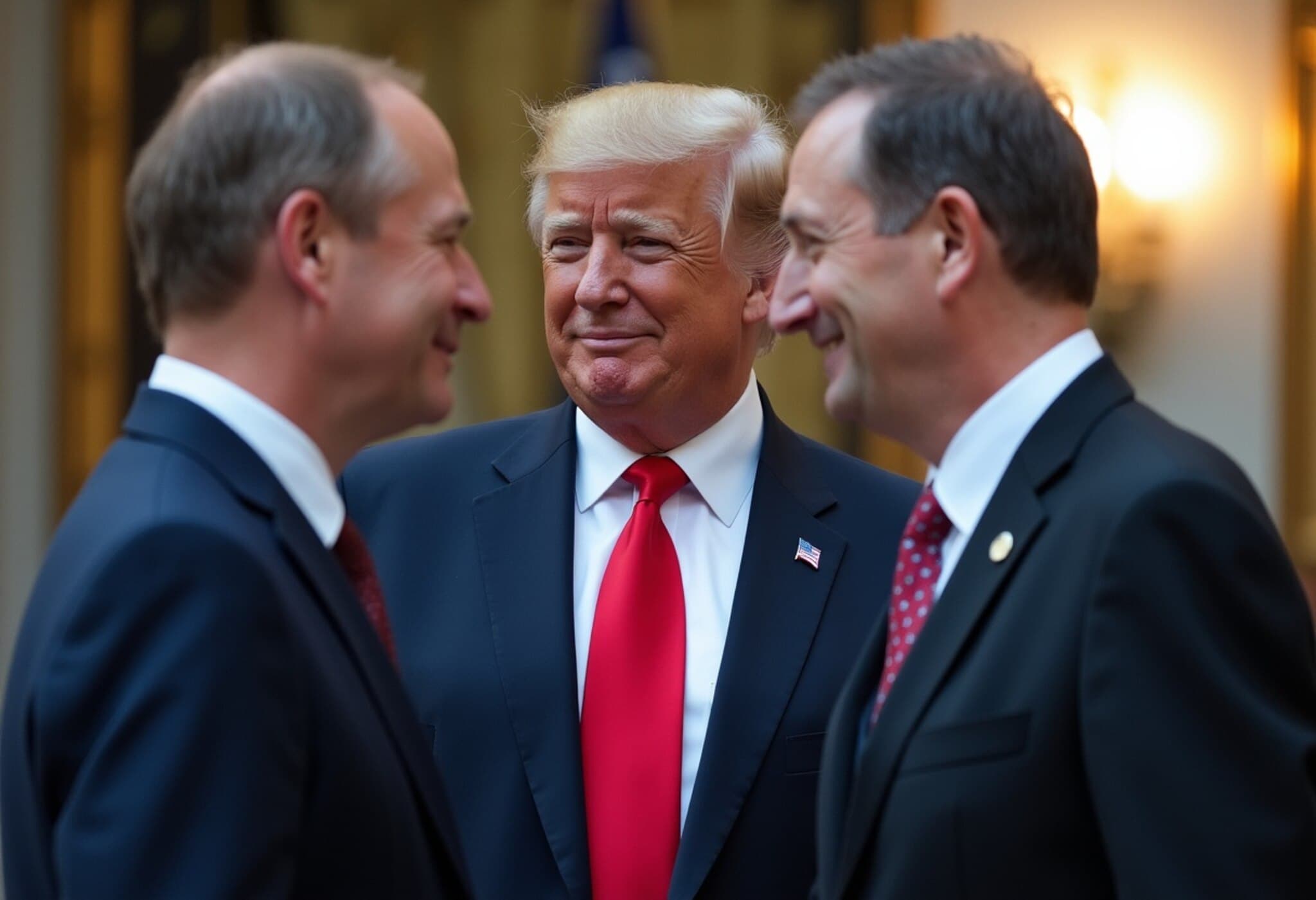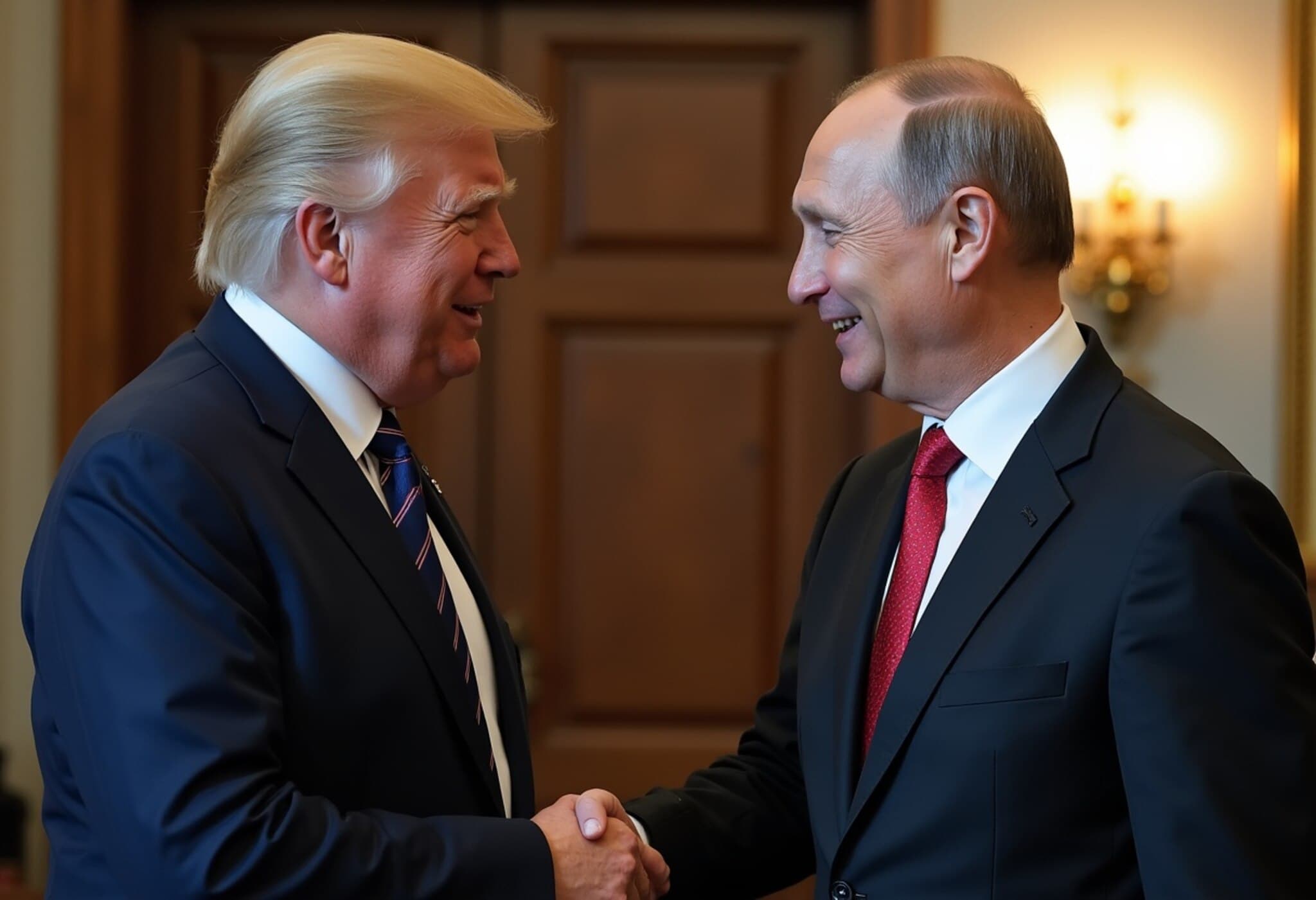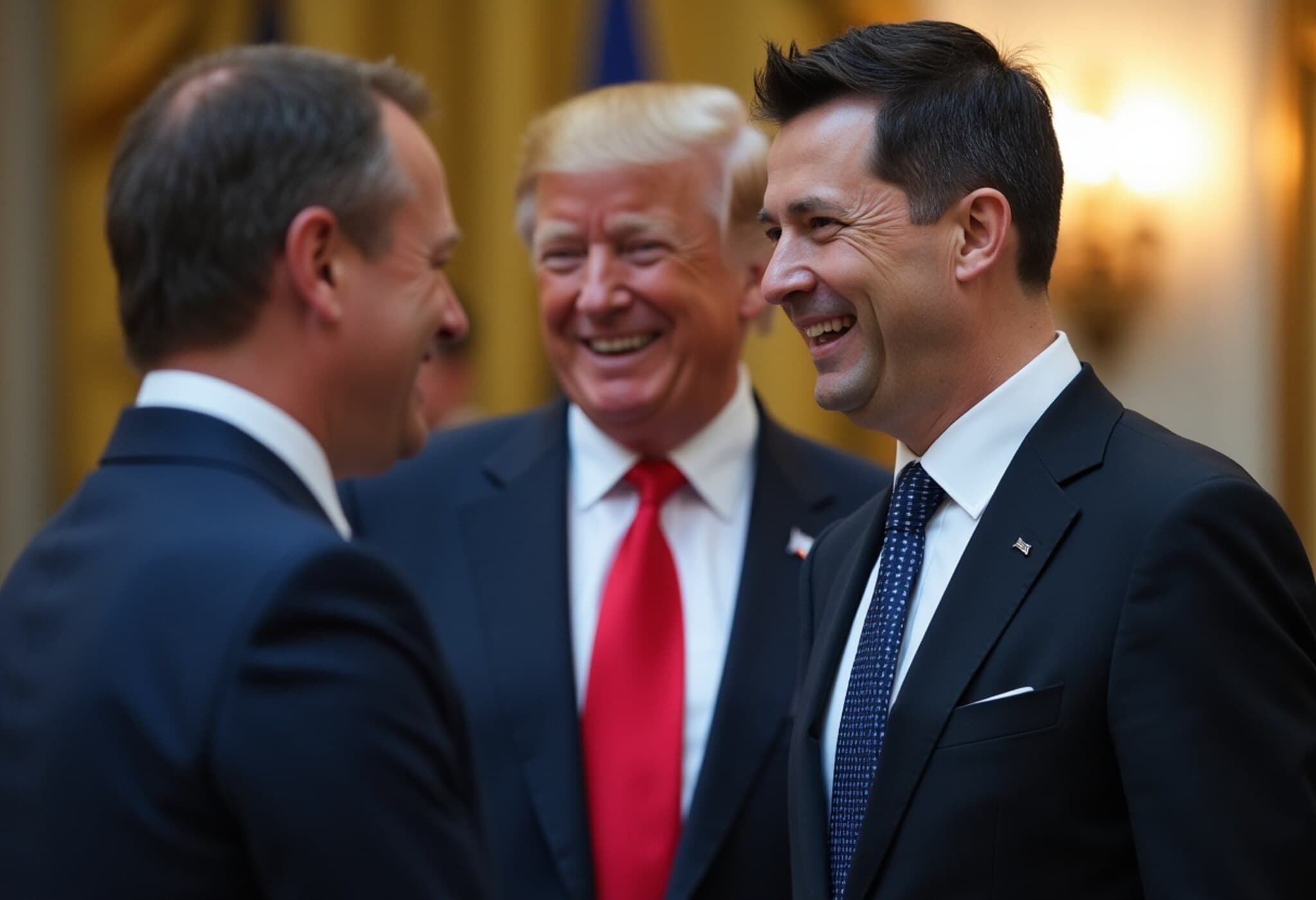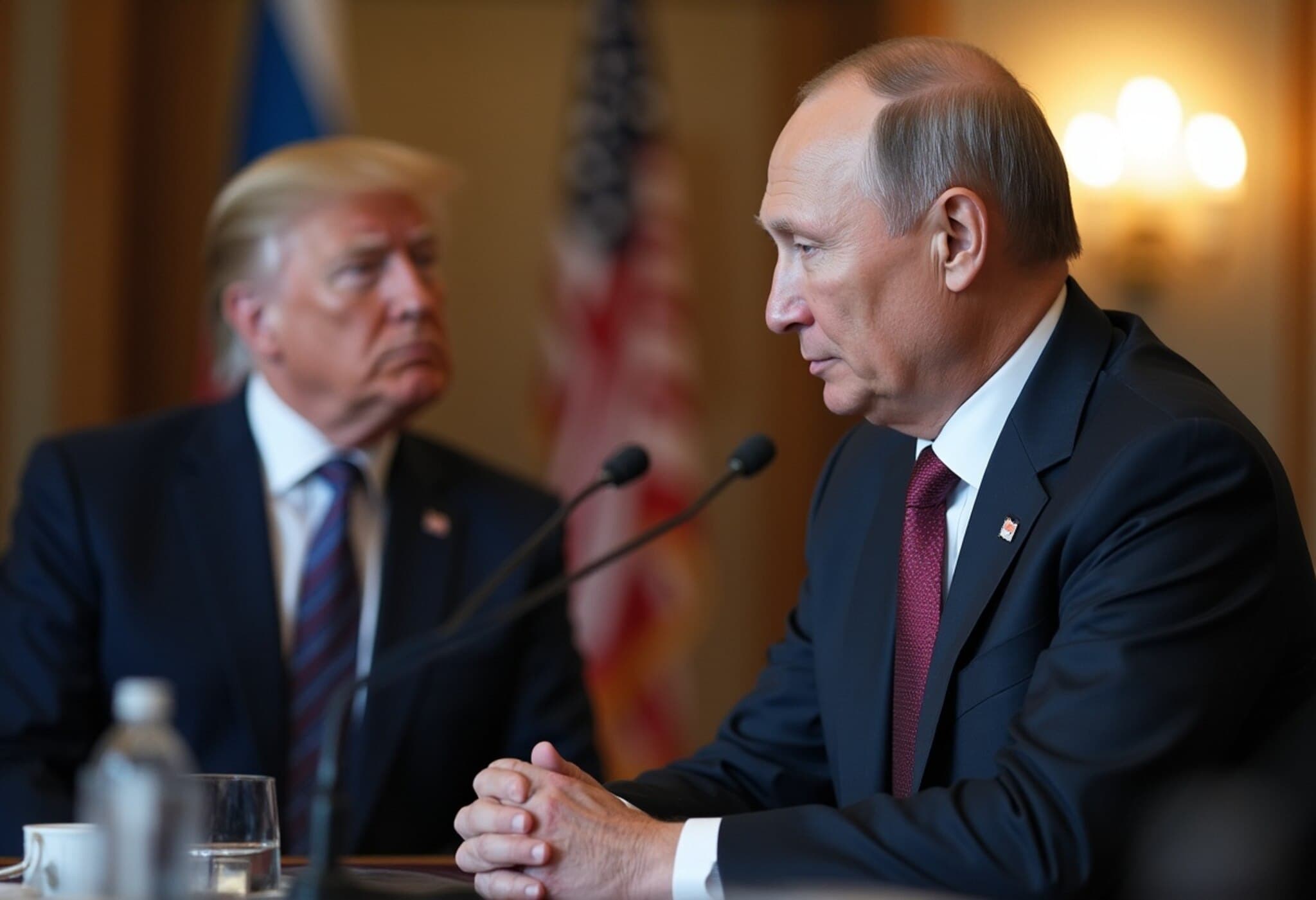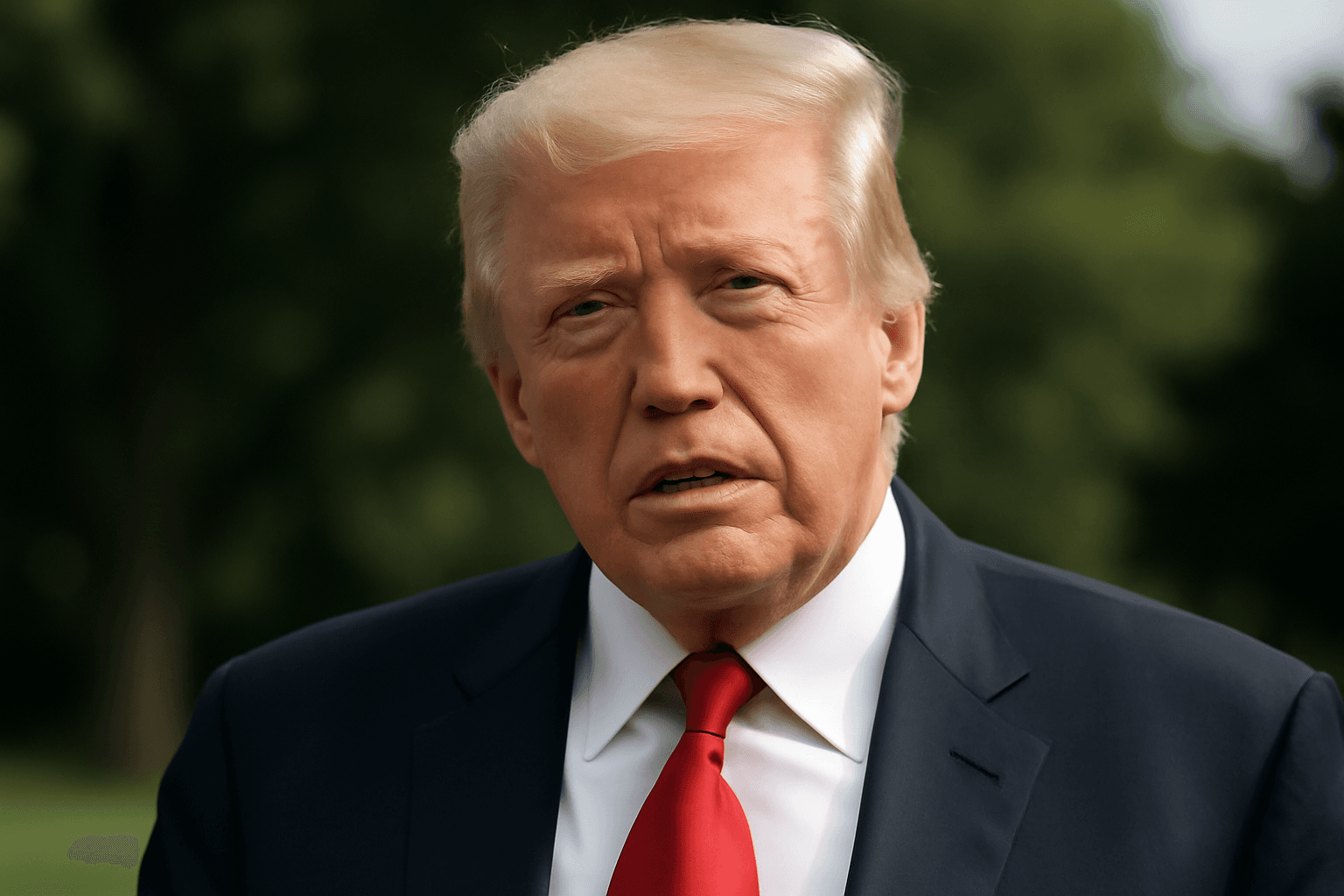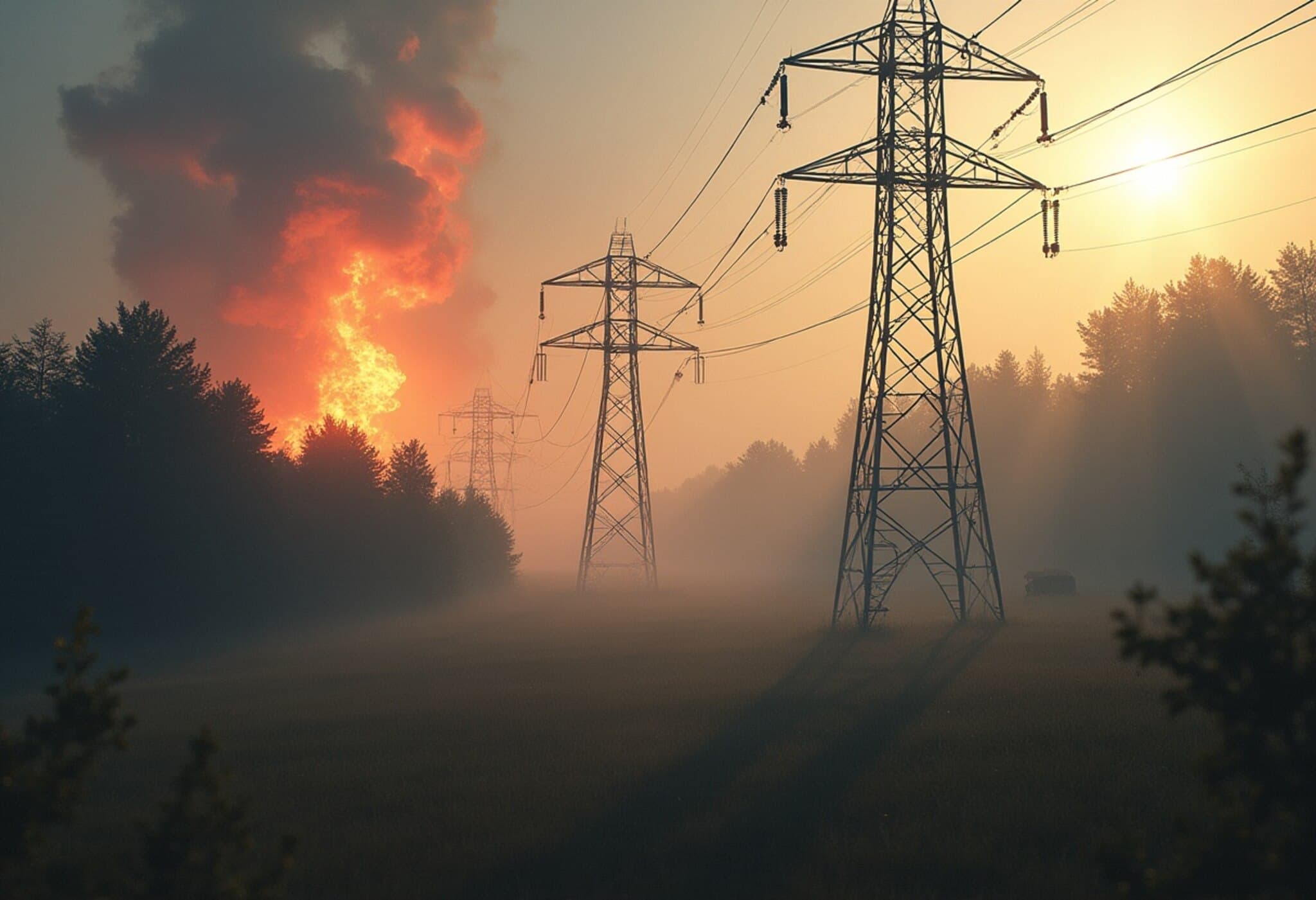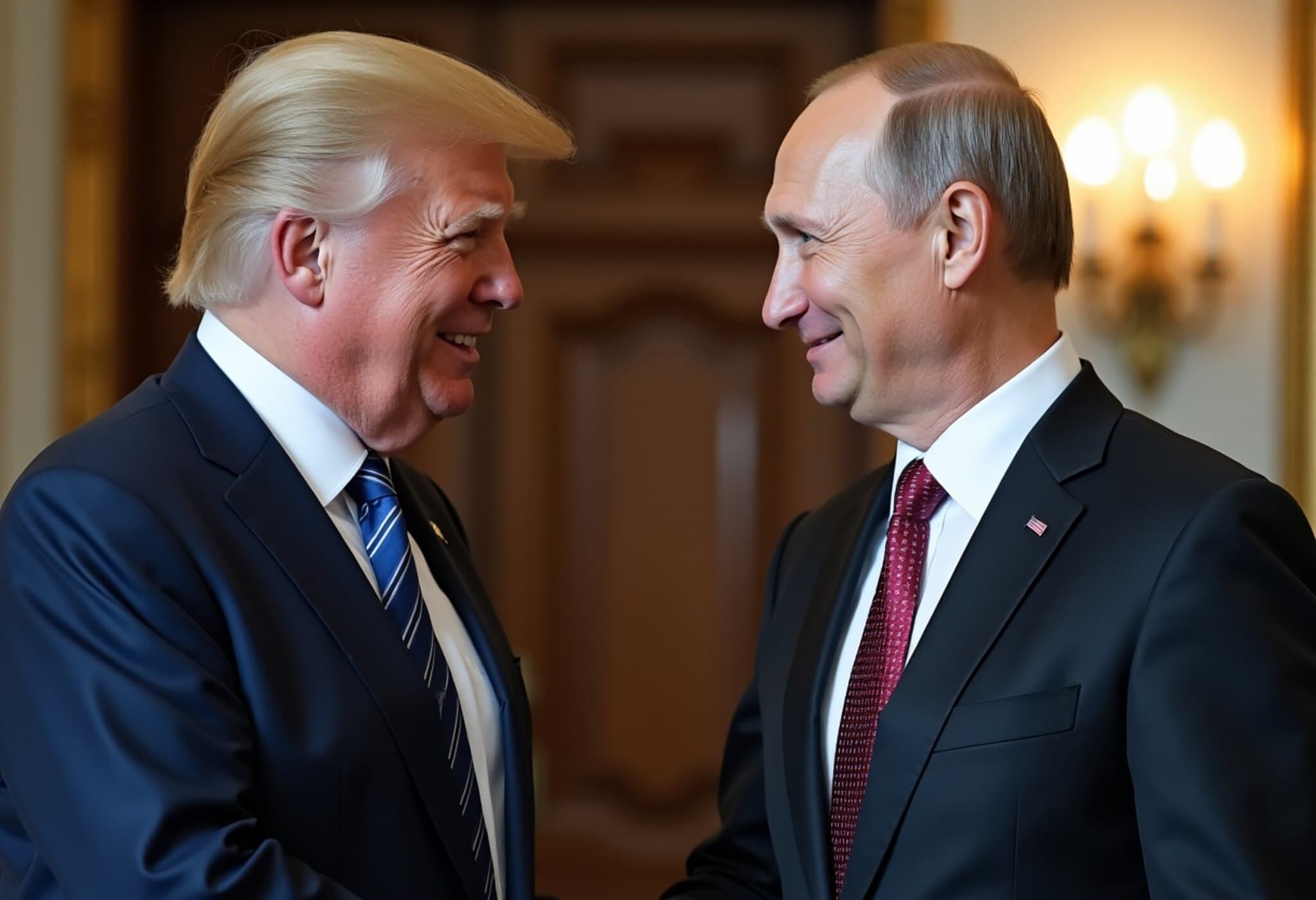Trump Rules Out Sending US Troops to Ukraine Amid Security Guarantee Talks
In a recent development that underscores the complex dynamics of US involvement in the ongoing Ukraine conflict, former President Donald Trump has categorically ruled out the deployment of American ground forces to Ukraine. Speaking in an exclusive interview, Trump sought to reassure his core base—particularly MAGA supporters who advocate for an America-first, isolationist foreign policy—that the US would not commit troops, while simultaneously indicating a willingness to provide air support to Kyiv, signaling a notable pivot in his administration’s stance.
Context of the Security Guarantees and International Reactions
This announcement follows high-stakes negotiations, deemed by European leaders as a significant breakthrough, in which security guarantees for Ukraine were discussed at the White House. Ukrainian President Volodymyr Zelenskyy, during his visit to Washington, outlined plans for acquiring approximately $90 billion in military aid funded through European partners. Among these plans are purchases of US-made air defense systems, notably including the Patriot missile batteries, and the development of drone technology in partnership with Ukrainian firms.
Despite these advances, Russia has maintained firm opposition, declaring the stationing of NATO troops in Ukraine a "red line," a stance that complicates diplomatic efforts. Trump appeared undeterred by Kremlin threats during the interview, expressing cautious optimism about striking a peace accord with President Vladimir Putin. Still, analysts warn that Moscow's willingness to negotiate in good faith remains uncertain, especially amid public disparagement of the US leadership by influential Russian media personalities.
Details of the Security Framework
The leaked terms of the security guarantees stress that sustainable peace should not be achieved through unilateral concessions or appeasement of Russia but rather through a robust security framework aimed at deterring future aggression. This approach aligns with broader Western efforts to establish long-term stability in the region without compromising Ukraine's sovereignty.
UK's Role: Air Support Without Ground Engagement
Adding another layer to the evolving international response, the United Kingdom has indicated readiness to contribute by offering air support and defending Ukraine's maritime borders. However, the UK has clarified that it will refrain from deploying troops on the front lines. British Chief of the Defence Staff Tony Radakin is scheduled to meet his US counterparts at the Pentagon to coordinate this multinational effort involving roughly 30 nations committed to Ukraine’s long-term defense strategy.
Expert Insight: Balancing Military Support With Political Realities
From a policy analysis perspective, Trump’s cautious approach reflects a balancing act between appeasing domestic political bases wary of entanglements abroad and the strategic imperative to counter Russian expansion. Offering air support without boots on the ground could be viewed as a calibrated middle ground that bolsters Ukraine’s defense capabilities while minimizing risks to American personnel.
Moreover, the significant financial commitment to arms procurement, backed by European partners, signals a shifting paradigm where burden-sharing among allies becomes integral to sustaining Ukraine’s resistance against Russian aggression.
Critical Questions Moving Forward
- How will US air support reshape the tactical dynamics on the battlefield in Ukraine?
- What mechanisms will ensure the effective delivery and integration of advanced weaponry like Patriot systems?
- Can NATO members sustain collective support without direct combat involvement, balancing political will and military necessity?
- What are the implications of Russia’s red lines on future peace negotiations under this security framework?
Editor’s Note
The US decision to avoid deploying troops while considering enhanced air support highlights the evolving nature of international involvement in Ukraine—a conflict that continues to test the limits of alliance solidarity and strategic prudence. As diplomatic talks progress, the world watches closely, asking whether these security guarantees can forge a path to lasting peace without escalating the war into a wider confrontation. Readers are encouraged to reflect on how multinational military aid shapes both immediate outcomes and the broader geopolitical landscape for years to come.
© 2024 Firstpost | All rights reserved.

